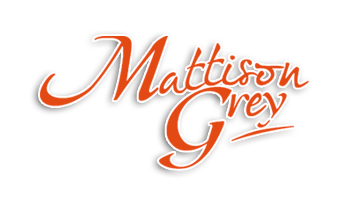Quit Crediting Yourself
As a coach I get many opportunities to help people be successful. I also have a front row seat to many failures. Many people tend to blame others for their failure; others will blame themselves for their failure. There are all kinds of scenarios for people taking credit and placing blame for success and failure. In psychology this phenomena is called locus of control. As a person fascinated by people I love to “watch” how people navigate through life and exhibit this locus of control. But this blog post isn’t about psychology. It’s about coaching. Specifically you as the coach- any kind of coach – and your tendency to take credit and place blame.
I love it when people blame me for their success. Sometimes they even try to blame for their failures. It would be easy to take credit for their success, after all I am their coach, and a good one at that, but in reality I can’t take credit for either. Let me explain. Coaches, trainers consultants and even managers, if you are taking responsibility or credit for your clients’ (or employees’) successes, then you must take responsibility for their failures as well. I’ll say that again:
If you are taking responsibility or credit for your clients’ (or employees’) successes, then you must take responsibility for their failures as well.
You don’t get to have your cake and it eat too. If you want to take credit for the good stuff, then you must take credit for the bad stuff too. More often than not people will take credit for their clients’ successes, but if there is less than an optimal outcome they say things like:
- He’s just not coach-able/trainable.
- She just won’t follow instructions.
- She just doesn’t work hard enough.
- I did my job.
- You can lead a horse to water.
- Why can’t they just see…?
- If they would just do….
At one time or another we have all said this about clients or even employees who are not getting good results. It is much more fun and easy to take credit when the client is doing well and progressing, achieving goals and growing. But if you want to take credit for the good stuff you also have to take responsibility when things aren’t so good, when they are under performing and struggling. Bottom line? If you are not willing to shoulder this responsibility you have two choices, get out of the profession or stop taking credit for anything.





Love the Blog…. It’s important….sometimes we have to realize that it may be us…something that we may have done wrong….
SO if something doesn’t go quite right or if I don’t make a close….I step back and analyze…ask myself…what could I have done better!
I like this statement – “More often than not people will take credit for their client’s successes, but if there is less than an optimal outcome they say things like:
•He’s just not coach-able/trainable
•She just wont follow instructions
•She just doesn’t work hard enough
•I did my job
•You can lead a horse to water
•Why can’t they just see…?
•If they would just do…”…
Because we all have been victims of this…..
Tasjah
Insightful quote in bold.
This post on the blog is so true! It is applicable to any type of leadership as well. Let’s take a QB. If the team is winning, the QB takes the credit. If they are losing, he gets the criticsm!
This is so very true!